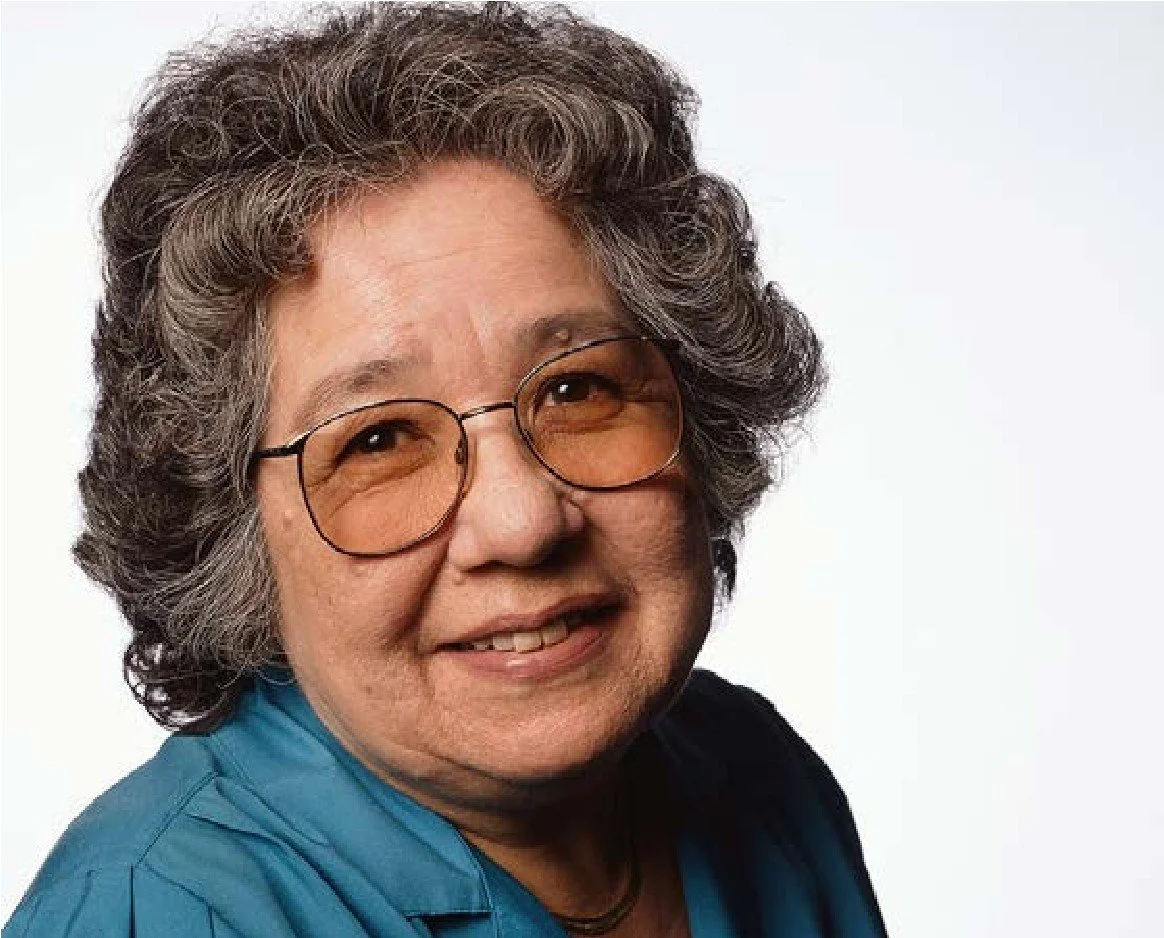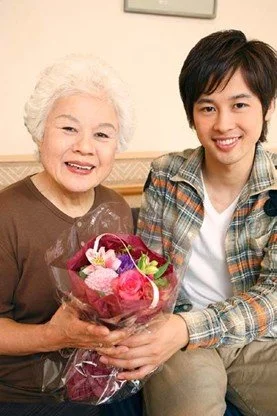
Trusted in Every Seaon. Loved by Residents.
Welcome Home to Keystone Bluffs Assisted Living.
Need help paying for services?
If you are considering a move to assisted living, make sure you have explored all your options. You may qualify for Elderly Waiver services or other services to help you stay in your home instead. The Senior LinkAge Line® (1-800-333-2433) can help explore your options.
If you need help paying for services, whether at home or in assisted living, the Elderly Waiver may be an option based on your eligibility. The Elderly Waiver is a Minnesota Medical Assistance program for people who qualify based on their care needs, total assets and income.
Not all assisted living facilities accept residents receiving Elderly Waiver services; some limit the number of residents in facilities who are receiving Elderly Waiver services.
Several resources can help you understand and apply for the Elderly Waiver program:
Your county’s health or human services agency
Tribal nation resources
Your care coordinator, if you already have Medical Assistance and are enrolled in a health plan
The Senior LinkAge Line®: 1-800-333-2433 or
http://www.seniorlinkageline.com
How do I know if I am eligible for the Elderly Waiver program?
You are eligible for the Elderly Waiver if you are age 65 or older, meet the level of care requirements and if your income and assets are within the limits for Medical Assistance for Long-Term Care Services.
You need to have a certain level of need.
A free needs assessment determines your level of need. You are eligible for the Elderly Waiver program if you need the level of care provided in a nursing home but choose to live in the community.
Living in the community is defined here as living in your own home, apartment or assisted living facility.
There is also an income limit for eligibility.
This limit is based on the federal poverty guidelines and depends on your family size. If your income is below the limit, you meet the income requirement for the Elderly Waiver.
If your income exceeds this limit, you may become eligible by paying either a spenddown or waiver obligation. These payments are calculated differently depending on marital status, income, and living arrangement; however, both are like an insurance deductible—it is the amount you must pay before the Elderly Waiver will begin to pay.
Generally, to determine what you must pay, the county or tribal nation financial worker looks at your income and subtracts applicable deductions, such as:
A standard allowance for your personal needs .
Costs for the shelter needs of your spouse or dependent family members.
Costs for Medicare, other health insurance, or other necessary medical expenses someone else will not pay.
Whatever income is left after those deductions is what you will have to pay toward the cost of care. Your Elderly Waiver provider will send you a bill, typically each month.
If your monthly income after allowable deductions is more than the cost of your care, you may not be eligible.
Asset limit for eligibility
The asset limit is $3,000 for most people. If your assets exceed this limit, you can reduce your assets to become eligible.
For example, you can pay any unpaid medical costs, designate funds or purchase services for your burial and purchase household or personal items.
You may want to talk to a county fnancial worker to make sure you do not reduce your assets improperly, which could delay your eligibility for Elderly Waiver services.
Assets may be protected for your spouse who is living in the community and not on the Elderly Waiver or in a nursing facility.
Examples of assets that are counted toward this $3,000 asset limit include:
Cash
Bank accounts
Most retirement accounts Stocks and bonds
Savings certifcates
Non-homestead property More than one vehicle
Contracts for deed
Assets that you are generally allowed to keep and don’t count toward the asset limit include:
Personal property and household goods
One vehicle
Capital assets needed to operate a trade or
business
Money set aside for a burial space; burial space items for you, your spouse and other members of your immediate family
Certain assets if you are American-Indian/Alaskan Native
Your home, if you live there, intend to return to it, or an exception applies
Eligibility: Common questions and concern
What if I give assets away to my family?
Sometimes people try to give away, or “transfer,” assets to become eligible for services like the Elderly Waiver program. If you do this within fve years before applying for, or while receiving, Elderly Waiver services, you may be subject to a “transfer penalty.”
This means you cannot receive Elderly Waiver services for a period of time.
Types of transfers that may be subject to a transfer penalty include:
Giving away large cash gifts
Selling, trading or giving away items of value for less than they are worth.
Selling property for less than the estimated market value
Putting money into a trust, unless it is for someone who is under age 65 and was certifed to be a person with a disability at the time the trust was established.
Establishing an interest in a life estate
Items of value, such as a pension or inheritance
If you do not qualify because of the penalty period and there are no alternatives, your county or tribal nation may be able to waive the penalty period if your health and well-being are threatened.
However, the county or tribal nation may attempt to recover the income or asset from the person to whom you gave the income or asset.
What if I am married?
If you are married and your spouse does not receive Elderly Waiver services or live in a nursing facility, some income and assets are protected for your spouse. You must have your and your spouse’s assets evaluated as part of the application for Medical
Assistance for Long-Term Care Services. Your spouse can keep certain assets, up to a value known as the community spouse asset allowance.
The community spouse asset allowance for 2019 is $126,420 (the amount of this allowance can change annually). The spouse receiving Elderly Waiver services can keep $3,000 in assets.
What if I get a large sum of money?
If you get a large sum of money, it would be counted as irregular or infrequent lump sum income in the month you receive it and an asset starting the month after.
This may have an efect on your fnancial eligibility for Elderly Waiver services for a period of time.
Applying for the Elderly Waiver program
Needs Assessment
How to request a needs assessment
You can request a needs assessment through your county or tribal nation.
If you already have Medical Assistance and are enrolled in a health plan, you can request this assessment from your care coordinator. The assessment should occur within 20 calendar days of your request—this clock starts when you or your guardian agrees to the assessment.
What to expect
The needs assessment will take about two hours and is free. An assessor who is typically either a nurse or social worker visits you, usually where you live, and asks you questions.
You will talk about things like your general health, how you take care of routine daily activities, and any help you may receive from family and friends. You will also talk about your social needs and what type of supports and services are available in your community. They will ask questions like:
Where and how do you want to live, work and participate in your community?
How do you like to spend your time and who do you like to spend it with?
What concerns or challenges affect your ability to live as you choose?
How do you take care of your day-to-day personal needs, such as dressing, eating, bathing and getting around?
You may ask family members, friends, neighbors or your caregivers to participate in the assessment. With your permission, a paid provider of services can also share information before and/or after the assessment. You can request the assessor to bring an interpreter to your assessment.
What next
When the visit is completed, the assessor will summarize what they learned from you, explain the reasons why you did or did not meet eligibility criteria to receive publicly funded services like the Elderly Waiver and discuss what specifc services you are eligible to receive.
If you are not eligible for publicly funded services, the assessor will help you to identify community support options to meet your long-term care needs. You can also call the Senior LinkAge Line® for help: 1-800-333-2433.
The Elderly Waiver application process has two parts:
You must obtain an assessment to determine your level of need. You must also complete an application for Medical Assistance for Long-Term Care Services to determine if your income and assets are within eligibility limits.
If you are married, this includes an assessment of both your and your spouse’s assets.This process may take up to 45 days or longer in some situations so it is important to plan ahead and apply early.
Financial application process
How to request a needs assessment
To start the process of a Medical Assistance for Long-Term Care Services application and assessment of your financial resources, contact your county or tribal nation. You can also call the Minnesota Health Care Programs Member Help Desk at 651-431-2670 or 800-657-3739 and ask to have an application mailed to you.
If you need help completing the application, you can contact your county or tribal nation or the Senior LinkAge Line® at 1-800-333-2433.
If you are married, gathering information about your and your spouse’s combined assets will be an additional step. This involves making a list of all assets owned by you and your spouse on the date you apply. This may help you plan which assets your spouse may keep when you begin receiving the Elderly Waiver.
After applying
While your financial application is being processed, your county or tribe may reach out to you for more information; it is important to respond to these requests as soon as you can. If you have had your needs assessment but your Medical Assistance for Long-Term Care Services application has not been finalized, the assessment must be updated after 60 days. The person who assessed your needs will reach out to you to conduct this update via phone.
Once you are approved for Elderly Waiver services, coverage may retroactively begin back to the date of your initial needs assessment.
If you find out that you’re not eligible for the Elderly Waiver.
You may be told that you are not eligible for Elderly Waiver services. This can be for a variety of reasons— refer to “How do I know if I am eligible for the Elderly Waiver program” above for more information.
If you are found to be ineligible, the assessor can talk to you about other programs you may be eligible for, such as Alternative Care or Essential Community Supports.
You will be provided information about your rights to appeal. Additionally, Ombudsmen are available to advocate for you. You can reach the Office of Ombudsman for Long-Term Care at 651-431-2555 (toll-free: 1-800-657-3591).
Choosing services and providers
When you go on the Elderly Waiver program, you will have a case manager or care coordinator who helps you develop your plan. This includes choosing services and providers that will help you meet your needs. Services can be provided in your home and may include help with dressing, bathing, grooming, cleaning your home, transportation, supplies and equipment and home-delivered meals. You can also choose to receive residential services such as assisted living.
What to expect
If you are not yet on the Elderly Waiver and you plan to move to assisted living, you should start researching possible service providers. Your assisted living provider must be enrolled with the Department of Human Services in order for the Elderly Waiver to be able to pay them. You can ask providers if they are enrolled, or you can find a list of enrolled providers at http://www.minnesotahelp.info.
If you are already in assisted living, it will be important to verify the provider is an enrolled provider.
When selecting a provider for assisted living, here are some questions to ask the provider:
What will my rent be if the Elderly Waiver pays for my services? The Elderly Waiver does not pay for room and board. In some circumstances, you may be eligible for the Housing Supports program, which can pay for room and board. Some buildings ofer federally subsidized rent, which may help reduce your rent obligation.
Does this setting accept funding from the Elderly Waiver to help pay for services for eligible people?
If I am currently in assisted living, will I have to change rooms and/or have a roommate if I begin receiving Elderly Waiver services?
Does the assisted living have a limit on the number of Elderly Waiver recipients it will serve at a given time?
Does the assisted living have a waiting list for people who need to use Elderly Waiver to pay for services?
Do I have to pay privately for my services for a certain amount of time before I can use the Elderly Waiver to pay?
What to expect on the Elderly Waiver program
Once you begin receiving Elderly Waiver services, you must take certain steps to continue receiving them.
What do I need to do to stay eligible?
You need to take steps each year to continue being eligible to receive Elderly Waiver services and avoid gaps in coverage. You need to complete a Medical Assistance for Long-Term Care Services renewal form to show that you continue to meet the income and asset limits. You will receive a renewal form in the mail annually.
Once you receive the renewal form, follow the instructions and complete it with any needed verifcations of your income and assets, sign it, and return it within the timeframe specifed in the instructions. You will also need a needs assessment annually. An assessor or your care coordinator will contact you to arrange a date for the assessment.
What do I have to pay?
Depending on your income level, you may need to contribute a portion of your income toward the cost of your services. This contribution can be in the form of either a spenddown or a waiver obligation. Your financial worker will calculate your total income and subtract any allowable deductions. You may be able to keep some income to pay for living expenses.
Additionally, if you have long-term care insurance that covers services, the policy needs to pay for services before the Elderly Waiver pays.
It is also important to remember that you are responsible for paying the costs of room and board— the Elderly Waiver only pays for your services. Some people may be eligible for the Housing Support program, which pays for room and board. You can apply for the program through your county or tribal nation. Not everyone who qualifies for the Elderly Waiver will qualify for the Housing Support program.
What will happen to my family and assets when I pass away?
When you pass away, the Department of Human Services is required to try to recover the cost of your Elderly Waiver services. Repayment of costs ensures there are funds to provide health care services to people into the future. The Department of Human Services will try to collect these costs through estate recovery. If you have also received nursing facility services paid by Medical Assistance, the cost may also be recovered through a lien. For more information about estate recovery and liens and what applies to you and how this process works, see the Minnesota Health Care Programs – Estate Recovery and Liens publication at https://edocs.dhs.state.mn.us/lfserver/ public/dhs-7273-eng




